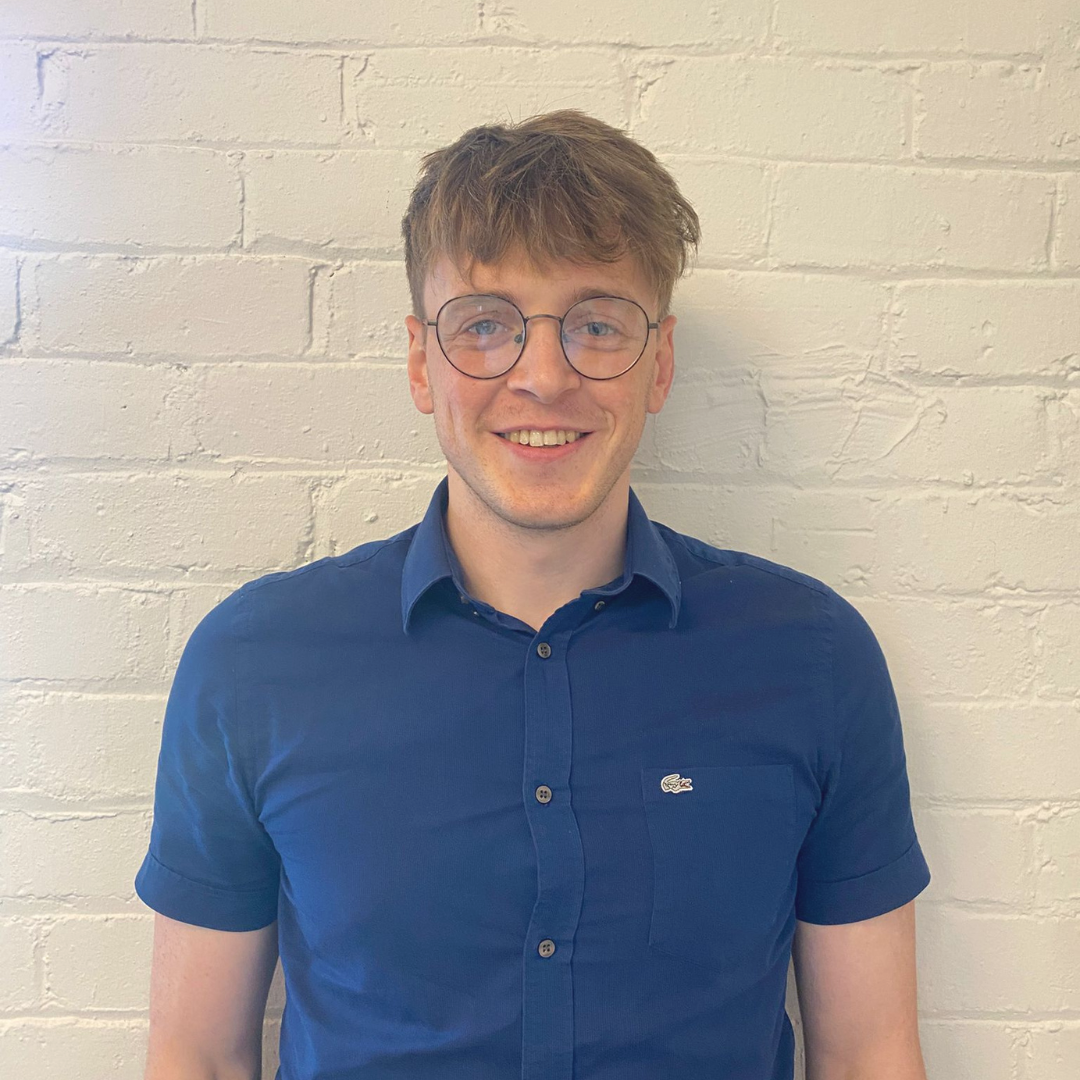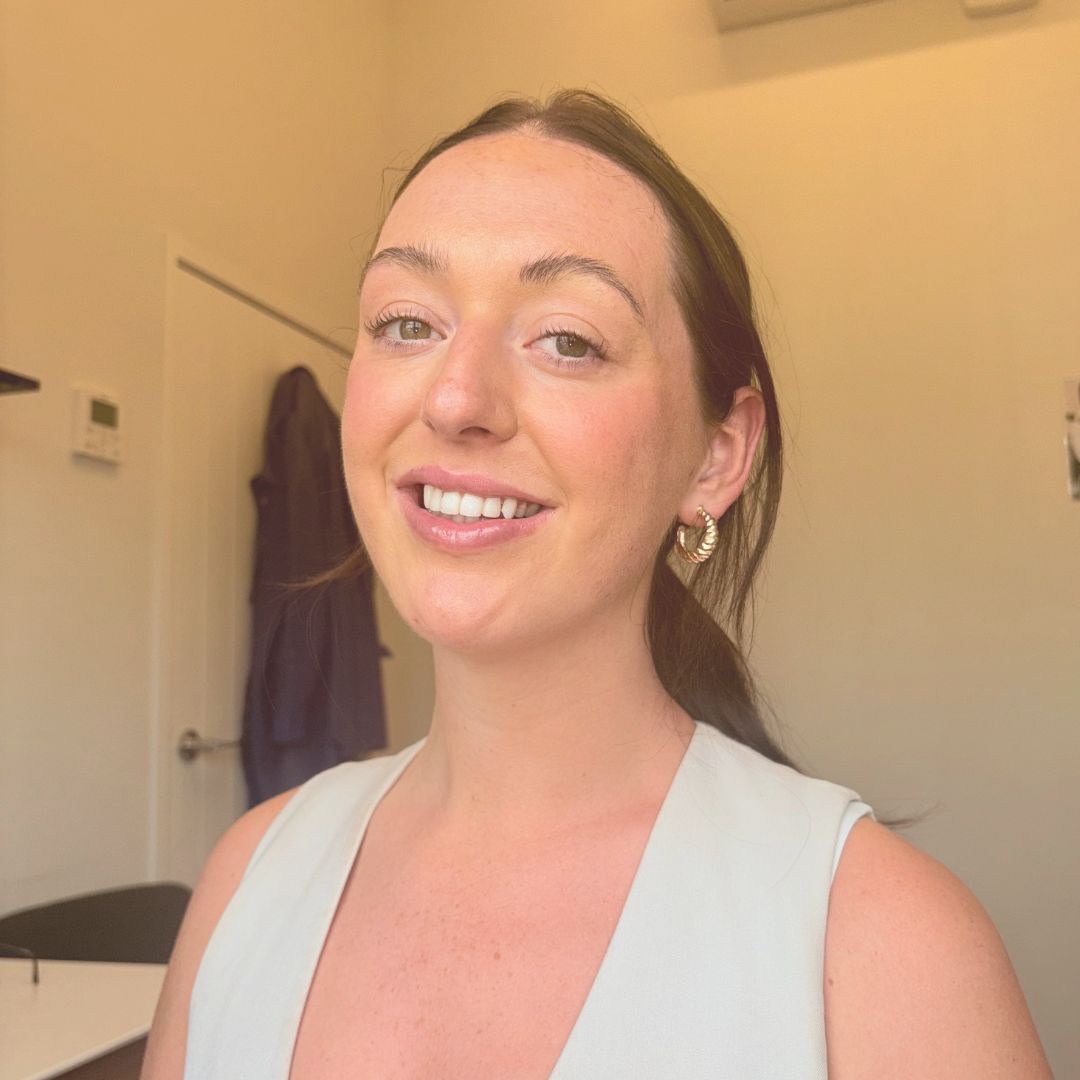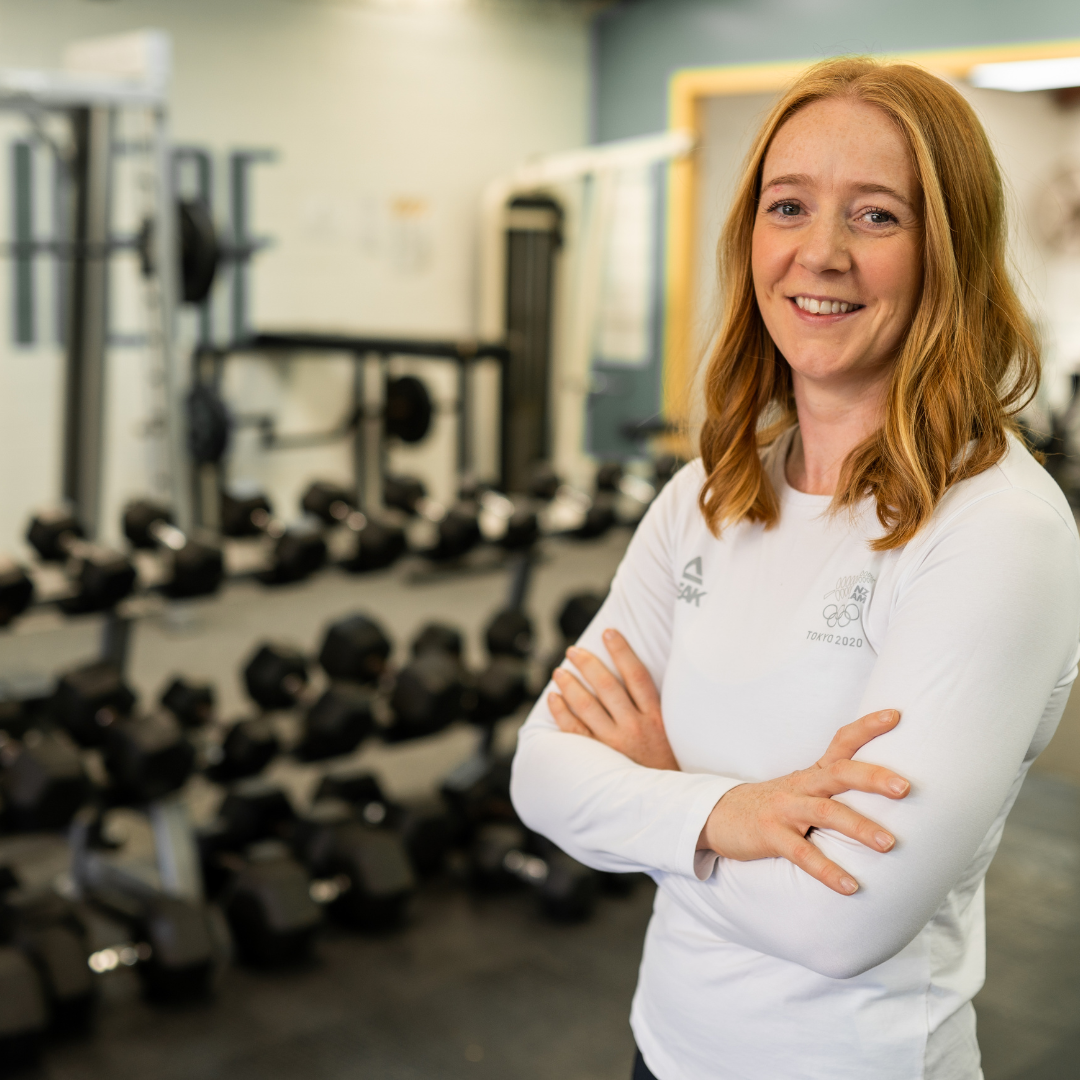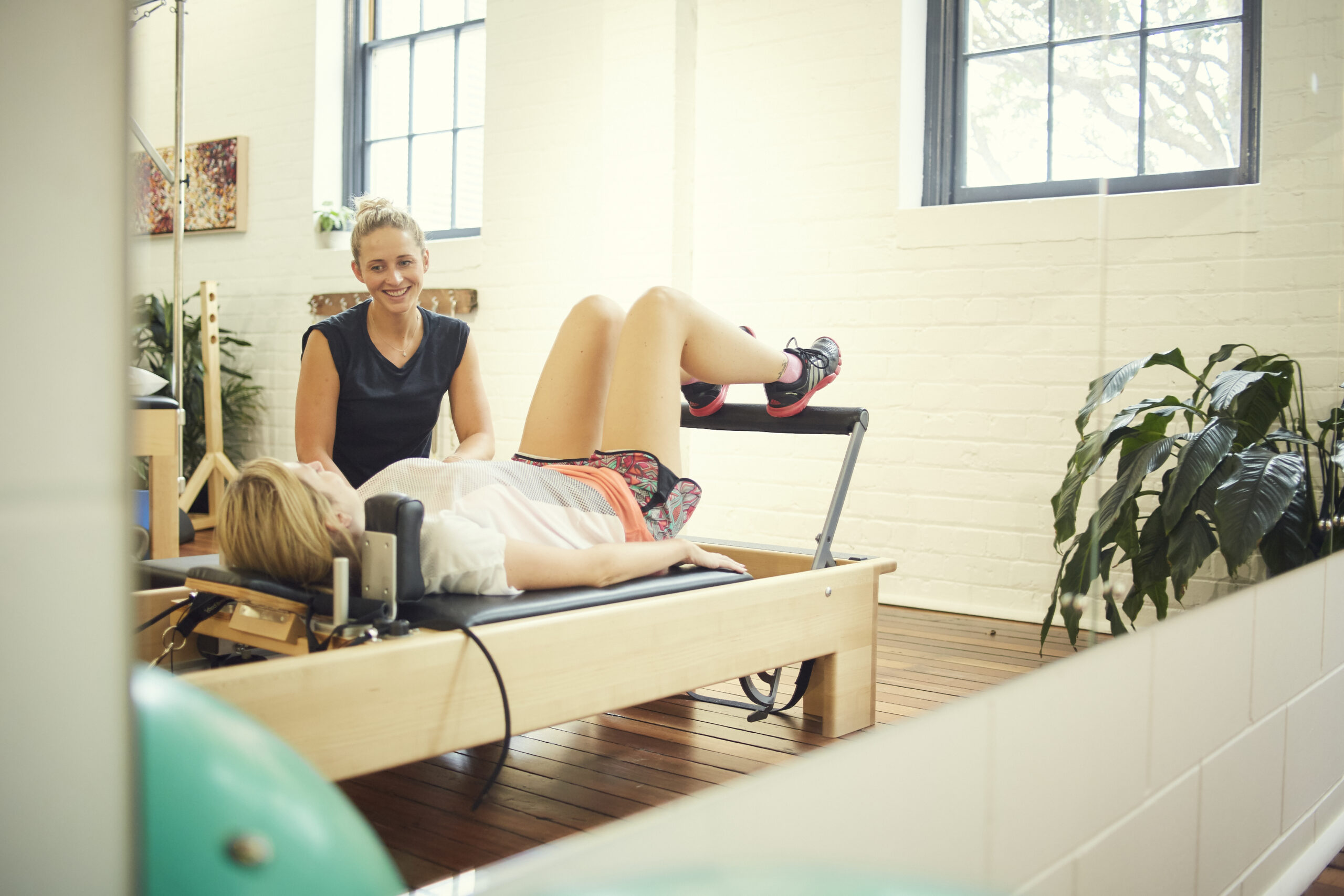Knee pain is one of the most common conditions we treat at our Auckland physiotherapy clinic. Knee pain can take many forms. From acute soft tissue injuries to muscles and ligaments in the knee to degenerative issues of the knee joint including osteoarthritis. Education, advice and management will likely differ based on the diagnosis. Common conditions seen by physiotherapists include, but are not limited to Anterior cruciate ligament (ACL) tears, Medial collateral ligament (MCL), meniscus tears, patellar subluxation, fractures, patellofemoral pain, patella tendonopathy and osteoarthritis.
Physiotherapy offers a non-invasive, evidence-based approach to treating knee pain. Our experienced physiotherapists in Auckland use comprehensive assessment techniques to identify the root cause of your knee pain and develop personalised treatment plans. They can order X-rays and scans, refer to specialists and can apply for fully funded ACC treatment if you meet the requirements.
If we don't see improvement at our 3 session review, we'll arrange a second opinion free of charge.
Common in athletes and active individuals, including ACL tears, meniscus injuries, and patellofemoral pain syndrome.
Degenerative joint conditions that cause pain, stiffness, and reduced mobility in the knee joint.
Repetitive strain injuries from daily activities or occupational demands.
Anterior cruciate ligament tears, often occurring during sports with sudden direction changes. For ACL ruptures studies have shown 5 weeks of intensive prehabilitation physiotherapy prior to surgical reconstruction led to improved functional knee scores and quality of life scores after surgery, which still remained at 2 years after surgery, suggesting that physiotherapy prior to surgery is important for optimal outcomes. Physiotherapy aims were to regain full knee range of movement and up to 90% strength of the quads and hamstring as compared to the non-injured leg.
Following ACL or any other knee ligament injury, whether managed non-surgically or surgically physiotherapy is generally always recommended. Rehabilitation is commonly recommended for up to 9-12 months in order to achieve end-stage goals and guide for return to sports. Physiotherapy will include re-gaining up to at least 90% strength of the quadriceps and other key lower limb muscles including the gluteals. Physiotherapy will also work on control of single leg movement patterns and landing patterns when jumping, hopping and changing direction to enable full and safe return to sport (see here).
- Cartilage tears that can occur from twisting motions or degenerative changes.
Overstretching or tearing of knee ligaments (ACL, PCL, MCL, LCL).
Also known as "runner's knee," causing pain around or behind the kneecap. For kneecap pain (Patellofemoral pain) international guidelines support physiotherapy as the treatment of choice and suggest at least 6-8 weeks of treatment targeting the hip and knee muscles in addition to education and control of the entire leg during functional tasks. This high quality study concluded that physiotherapy consisting of quadriceps and hip strengthening exercises over six weeks significantly reduced pain and improved function and recovery rates compared with no treatment. Patients were also instructed to complete the strength program at home for 3 months alongside physiotherapy for maximum benefit.
Inflammation of the iliotibial band causing pain on the outside of the knee.
Including patellar tendinopathy (jumper's knee) and quadriceps tendinopathy. Patella tendinopathy is a condition affecting the tendon at the front of the knee, below the kneecap (patella). Studies recommend physiotherapy including porgressive and gradual loading of the tendon with strength based exercises, in addition to addressing other areas of strength and control deficit in the whole leg. Education regarding avoiding aggravating activities, load management and keeping an activity diary is also key in these clients. Many different loading exercise programs have been suggested and studies for patella tendinopathy, none with clear benefit over the other. The key appears to be a progresive 12 week course of physiotherapy strengthening exercises, whilst following a pain monitoring model with use of an activity and pain diary throughout (see here)
There is also growing evidence of the efficacy of physiotherapy to manage knee osteoarthritis and improve both function and pain. This can reduce your reliance on painkillers and need for surgery.
When to See a Physiotherapist: Don't wait for knee pain to worsen. Early intervention often leads to better outcomes and faster recovery times.
Our Auckland physiotherapists begin with a thorough evaluation including movement analysis, strength testing, and functional assessments to identify the underlying causes of your knee pain. We use state of the art technology to measure muscle strength and loading/ movement patterns.
Treatment - There is substantial and growing evidence supporting physiotherapy in the treatment of the various acute knee conditions mentioned above.
Exercise Therapy - Targeted strengthening and mobility exercises tailored to your specific condition and goals. Your individualised exercise programme will likely incorporate strengthening of the knee and hip muscles, balance and control exercises. We have a new modern gym to ensure we load you enough to regain strength and help you return to sport.
Manual Therapy - Hands-on techniques including joint mobilisation and soft tissue manipulation. This will help your range of motion, swelling and pain.
Dry Needling - Some of Physio's may use dry needling to help with your pain.
Return to sport/ activity - Your Physio will help guide you on your return to activities and create short and long term goals to help with motivation.
Every patient receives an individualised treatment plan based on:
Evidence-Based Care: Our treatments are based on the latest research and clinical guidelines, ensuring you receive the most effective care possible.
What to Expect During Treatment;
Initial Assessment (Week 1) - Comprehensive evaluation, diagnosis, and treatment plan development. Begin pain management and basic exercises.
Early Treatment (Weeks 2-4) - Focus on pain reduction, improving range of motion, and beginning strengthening exercises.
Progressive Loading (Weeks 4-8) - Gradually increase exercise intensity, improve functional movement patterns, and address any biomechanical issues.
Return to Activity (Weeks 8+) - Sport-specific or activity-specific training, maintenance program, and injury prevention strategies.
Recovery timeframes vary depending on several factors:
Previous injuries: History of knee problems may affect recovery time
Regular quadriceps, hamstring, and glute strengthening exercises.
Maintain good flexibility in the hip, knee, and ankle joints.
Learn correct movement patterns for sports and daily activities.
Wear supportive shoes appropriate for your activities.




